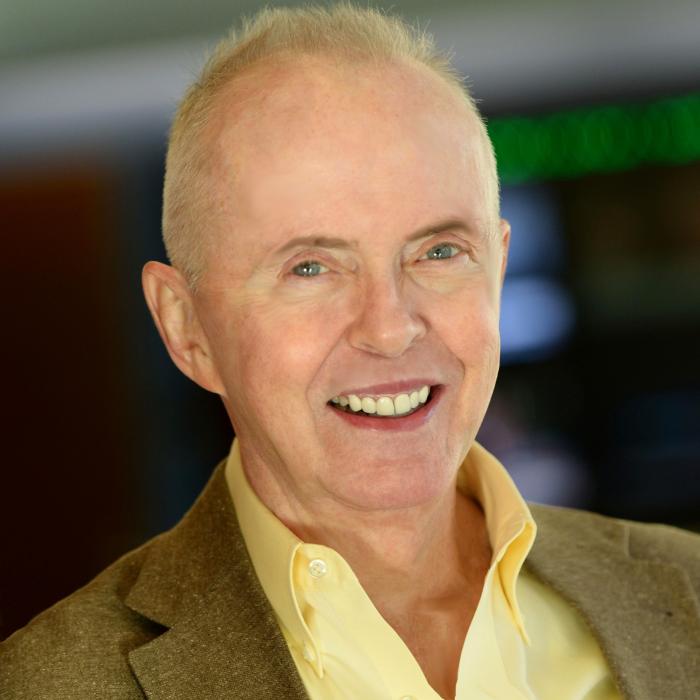William C. Adams

William C. Adams
Emeritus Professor of Public Policy and Public Administration
Contact:
Bill Adams is a Professor of Public Policy and Public Administration at The Trachtenberg School at George Washington University. His eclectic research has included such topics as data collection methodologies, motivations for public service, and public opinion and the mass media.
Professor Adams earned his Ph.D. in political science from George Washington, and his B.A. and M.A. from Baylor. Books that he has authored and edited are
• Election Night News and Voter Turnout: Solving the Projection Puzzle
• Television Coverage of the 1980 Presidential Campaign
• Television Coverage of International Affairs
• Television Coverage of the Middle East
• Television Network News: Issues in Content Research
Dr. Adams co-authored An Assessment of Telephone Survey Methods, a Rand Corporation monograph. His scholarly studies have been published in major journals such as Public Administration Review, Public Opinion, Policy Studies Journal, Journal of Politics, International Journal of Public Administration, Journal of Communication, Journalism Quarterly, and Public Opinion Quarterly. Chapters by Prof. Adams have been published in many books as well.
His two most widely cited research articles are “Whose Lives Count?” (first published in the Journal of Communication) and “Conducting Semi-Structural Interviews” (in recent editions of Handbook of Practical Program Evaluation).
Prof. Adams was on the editorial board of the Journal of Communication and the Board of Visitors of the Vanderbilt’s TV News Archive. He has conducted research for Pew Charitable Trusts, the U.S. Environmental Protection Agency, the U.S. Bureau of Land Management, the U.S. State Department, Goodwill Industries, Reuters, and others.
He has also received the Trachtenberg School's Outstanding Teaching Award. In 2010, he was awarded a Fulbright to teach at the University of Malaya in Kuala Lumpur. He has lectured at many other universities abroad and traveled extensively, visiting all 193 countries in the United Nations.

